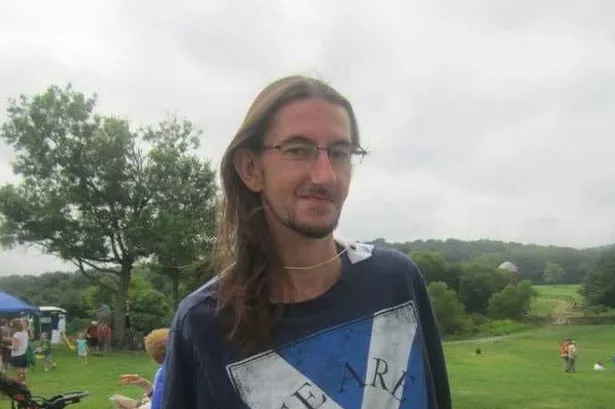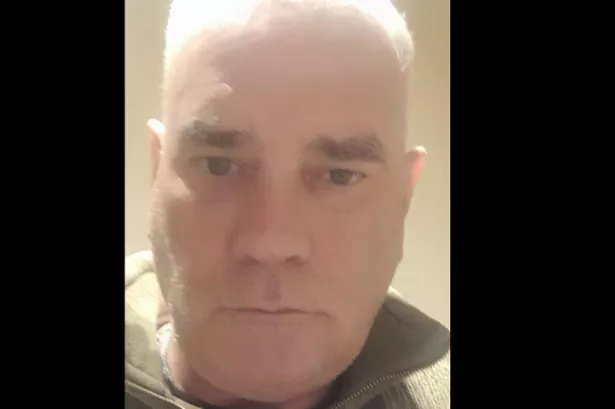ACCLAIMED Scottish scriptwriter Paul Laverty has called on the Scottish Government to speak out against alleged human rights abuses in Nicaragua. . http://www.heraldscotland.com/news/16222274.I__Daniel_Blake_writer_urges_Scottish_Government_to_speak_out_on_Nicaragua_human_rights_abuses/?ref=rss
Home
News
I, Daniel Blake writer urges Scottish Government to speak out on Nicaragua human rights abuses
News I, Daniel Blake writer urges Scottish Government to speak out on Nicaragua human rights abuses

xriversidemuseum
Recent Posts
Related Articles
News
US cops who shot Scot dead outside his home were ‘justified in their actions’
An investigation has ruled that US police officers acted lawfully when they...
By Lewis McGuireApril 6, 2024
News
Up to 100 Ex Council homes left abandoned and derelict in “scandalous” failure
A Scots council has left as many as 100 ex-council houses derelict,...
By Lewis McGuireApril 6, 2024
News
Singing Scots stalker who bombarded woman with YouTube videos struck off
A Scotsman besotted with a woman, stalked her by inundating her with...
By Lewis McGuireApril 5, 2024
News
Baby dies just days after being taken to hospital with raised temperature
The unthinkable loss of a beloved baby has left a Scottish family...
By Lewis McGuireApril 5, 2024









